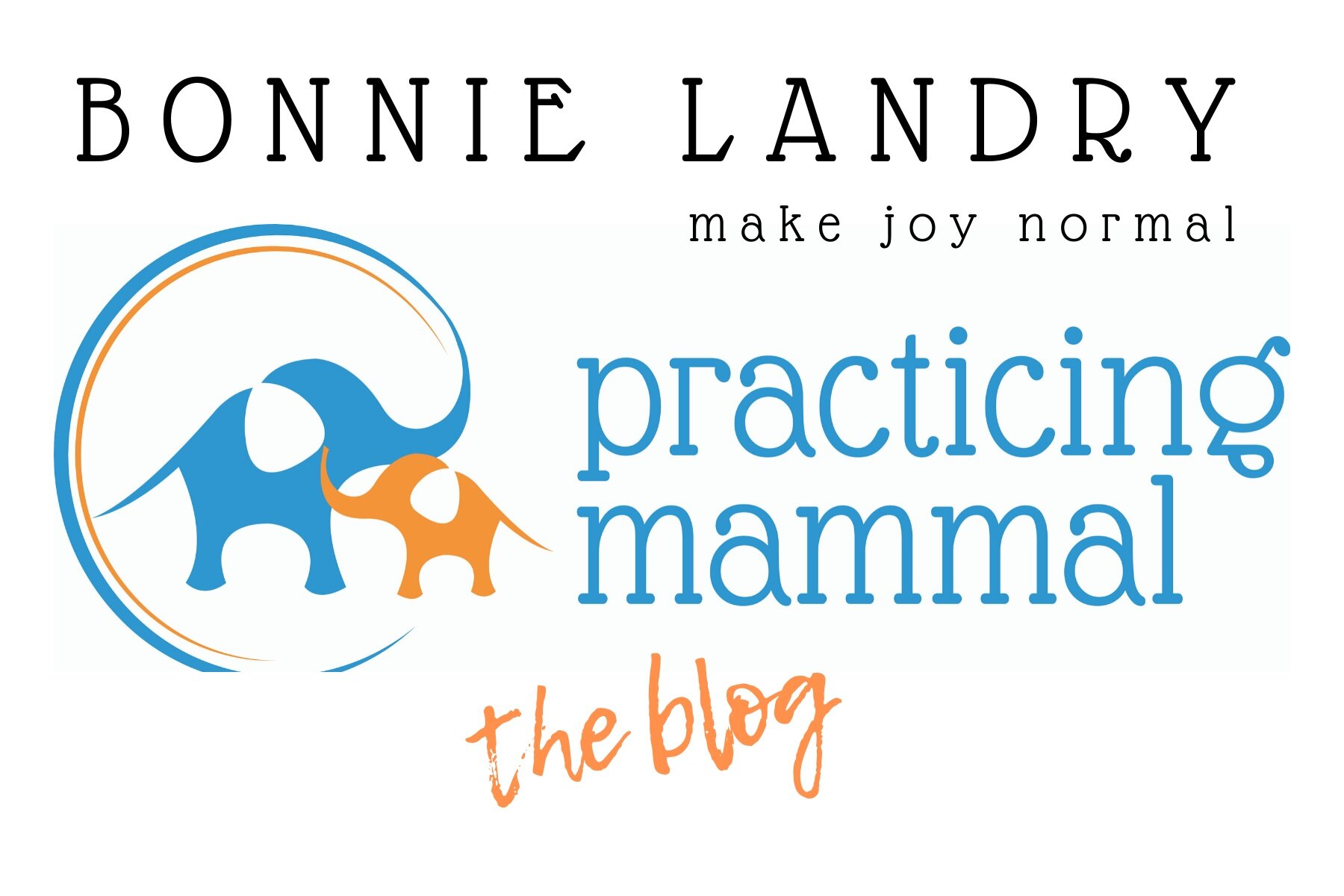attachment in the early years
Attachment changes with the seasons of baby hood and toddler hood and beyond. What the child needs in terms of physical contact changes, and of course, sleep patterns and needs change as does the nursing relationship.
But the premise of attachment remains the same. Keeping the relationship in tact. Once a toddler learns to walk, they want to use those legs! They don’t always want to be with you. But they do always want their way. This is probably where parents notice the massive dearth between how they were raised, and how they want to raise their kids.
Here is a a scenario. Nine month old grabs something dangerous. Mom gently removes the item, they wail. Mom comforts the baby because you know they don’t understand that they can get hurt and they don’t understand why you are removing the dangerous thing. They are sad, you respond in love, cuddle them and coo at them, you really wanted that dangerous thing. Mama needs to keep you safe. Sad baby.
We respond with love, we empathize with their unhappiness, but we still must say no.
We are okay with them crying because we know that in general society is okay with babies crying and no one is staring at us because this is in the realm of normal behaviour. However, everybody has their point at which they feel the child “should know better.” So sometime, at two, or at four or at six we tend to start saying things like “you should know better.” Or, in some cases, “YOU should know better!!”
And/Or
Don’t you start that crying
I’ll give you something to cry about
Go to your room, I don’t want to hear you crying
You are too big to cry about a silly thing like this
What happened? At some point, we unilaterally decided that the child must not be disappointed about this thing and if they are, they certainly don’t have a right to show it. The ideas behind attachment parenting to most people seem like permissiveness and condoning negative behaviour. Come along side the child, acknowledge their upset, give them a little support through it all.
It’s all most of us really want, anyway.
That’s not permissiveness. That’s not condoning negative behaviour. That’s not positive reinforcement to condition your child to be bad. To get mad at them/shame them/punish them for feeling bad only serves to reinforce defiance. They (we) come away thinking that they need to defend themselves against what we are putting on them.
I feel bad all the time. I cry sometimes when I don’t get my way. And it really ticks me off if someone tries to put me in my room or tells me I’m too old to cry. Or get mad. When someone, like Sparky or example, says you don’t need to get mad about that, I in generally get more mad. If on the other hand, he snuggles me and says, that’s too bad, honey I generally feel better. The only real difference between me and the two year old is that I think my stuff is more important to get upset about.
You only lost your favourite plastic dinosaur. I lost my expensive necklace. You only want to not go home from your friend’s house. I wanted to get accepted into some important program. You are hungry, so you get in a bad mood. I am really really really hungry so I get in a bad mood.
But its all the same thing.
